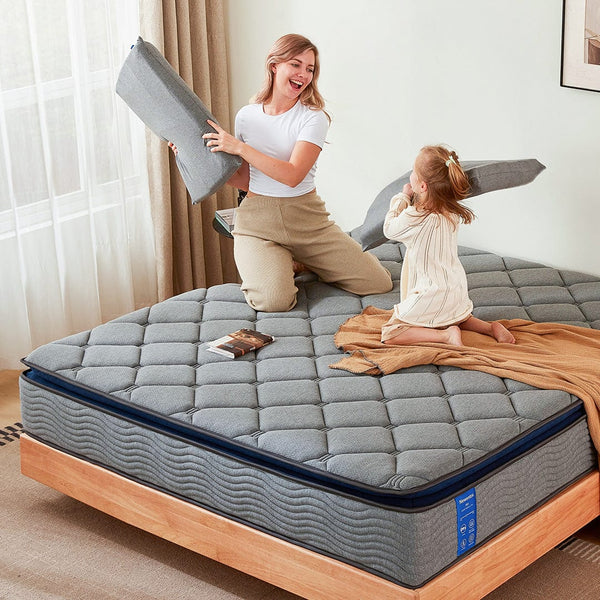1.1 Can Ants Sleep?
Ants have one of the most bizarre sleep schedules in the animal kingdom. Research shows that worker ants take about 250 micro-naps per day, each lasting just 1-2 minutes. That's like you taking a coffee break every 6 minutes at work!
Queen ants, however, live the royal life - they enjoy longer sleep sessions of up to 9 minutes at a time, totaling about 90 minutes of sleep per day. This hierarchy in rest periods helps explain why queen ants can live for years while workers typically only survive a few months.
The most fascinating part? Ants have sleep cycles similar to humans, experiencing both deep sleep and REM-like states. During deep sleep, their antennae droop and they become less responsive. Some species even have designated "sleep rooms" in their nests!



























